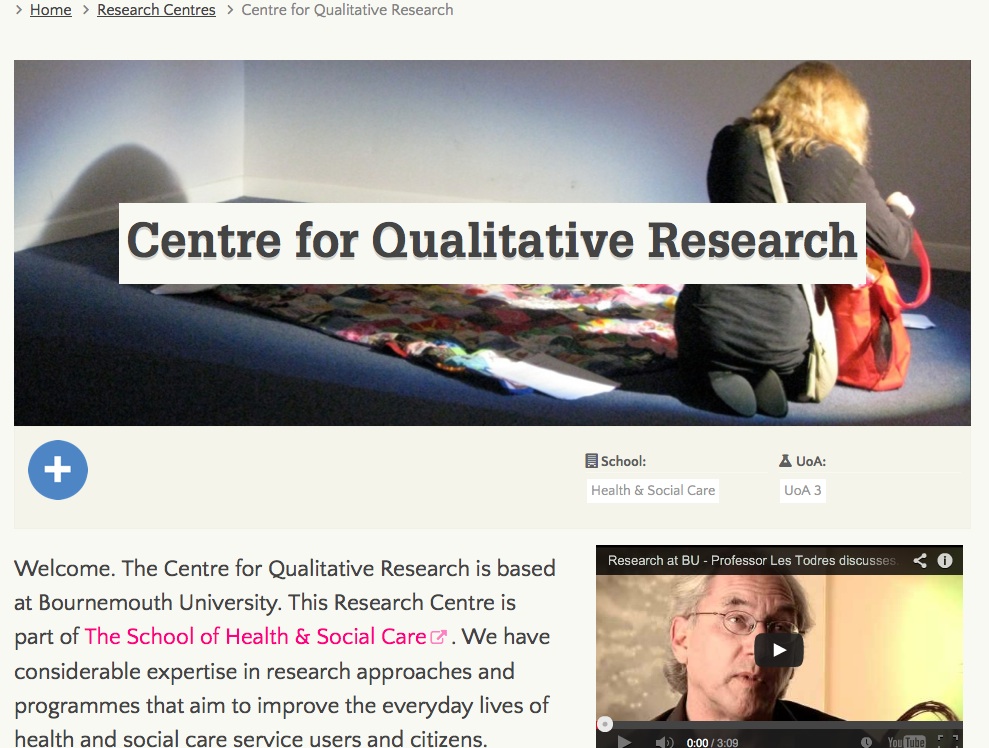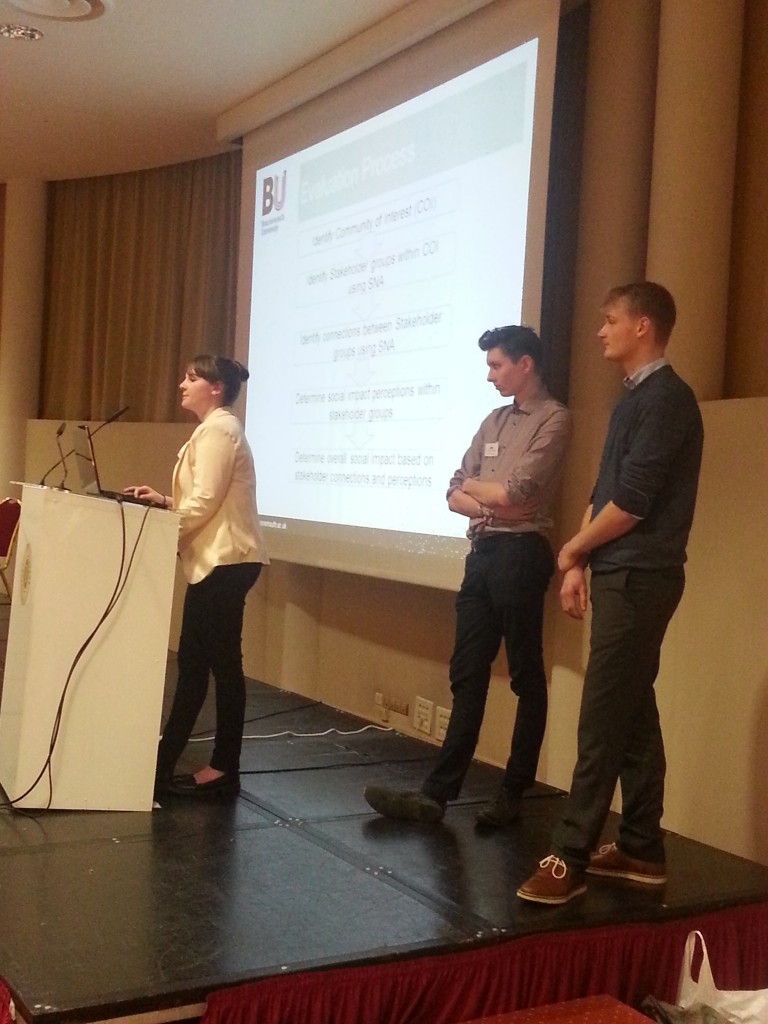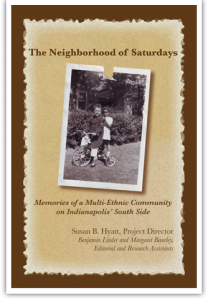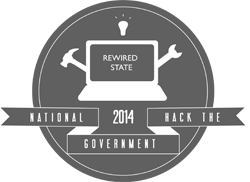In recent years, the field of Cybersecurity has attracted researchers and practitioners from academic fields ranging from Computer Science and Design, through to Psychology and Business Studies. To date, however, these communities have not been influenced by each other. Their research are disseminated in a variety of workshops and conferences across these fields. As a result, there is a misunderstanding of the role these different fields play in improving cybersecurity. For example, some researchers describe people are “the weakest link” and encourage designers to build systems that “Homer Simpson” can use safely. Unfortunately, treating users as a problem limits opportunities for innovation when people are engaged as part of a solution. Similarly, treating practitioners like cartoon characters disenfranchises the very people that a design is meant to support. Bournemouth University is one of the few institutions in the world with interests across the disciplines contributing to Cybersecurity, a small enough size for academics across these disciplines to engage with each other, and the vision necessary to fuel this engagement. To take advantage of the opportunities afforded to Bournemouth, an interdisciplinary seminar series in cybersecurity was launched in September 2013. The seminar series has attracted both staff and students from across the university, together with practitioners from local industry with interests in cybersecurity. So far, this has led to connections forming across the Faculty of Science & Technology, and the Media and Business schools. Resulting collaborations with our seminar speakers have also led to prospective KTP and Horizon 2020 proposals, and invitations to deliver guest lectures at other universities.
To build on this momentum in interdisciplinary cybersecurity activity at Bournemouth, we have created the Bournemouth European Network for Interdisciplinary Cyber Security (BENICS): a FUSION funded SMN activity. Over the coming year, BENICS will bring five invited European cybersecurity academics to Bournemouth to engage in short (one-week), focused collaborative visits. These visits will introduce invited academics to Bournemouth’s cybersecurity capabilities, allow them to share their interests with us as part of the cybersecurity seminar series, and engage in short and focused proposal building, research, or teaching resource creation activities.
Following each visit, Bournemouth and the visiting academic will engage in pump-priming activities; these will refine deliverables produced to sustain the momentum created during the visit. These deliverables will form the basis of a joint publication at an agreed international conference or journal.
Watch this space for more information about these visits, and please get in touch if you’re interested in engaging with BENICS and our cybersecurity research in general.




























 Visiting Prof. Sujan Marahatta presenting at BU
Visiting Prof. Sujan Marahatta presenting at BU 3C Event: Research Culture, Community & Can you Guess Who? Friday 20 March 1-2pm
3C Event: Research Culture, Community & Can you Guess Who? Friday 20 March 1-2pm Beyond Academia: Exploring Career Options for Early Career Researchers – Online Workshop
Beyond Academia: Exploring Career Options for Early Career Researchers – Online Workshop UKCGE Recognised Research Supervision Programme: Deadline Approaching
UKCGE Recognised Research Supervision Programme: Deadline Approaching SPROUT: From Sustainable Research to Sustainable Research Lives
SPROUT: From Sustainable Research to Sustainable Research Lives ECR Funding Open Call: Research Culture & Community Grant – Apply now
ECR Funding Open Call: Research Culture & Community Grant – Apply now ECR Funding Open Call: Research Culture & Community Grant – Application Deadline Friday 12 December
ECR Funding Open Call: Research Culture & Community Grant – Application Deadline Friday 12 December MSCA Postdoctoral Fellowships 2025 Call
MSCA Postdoctoral Fellowships 2025 Call ERC Advanced Grant 2025 Webinar
ERC Advanced Grant 2025 Webinar Update on UKRO services
Update on UKRO services European research project exploring use of ‘virtual twins’ to better manage metabolic associated fatty liver disease
European research project exploring use of ‘virtual twins’ to better manage metabolic associated fatty liver disease